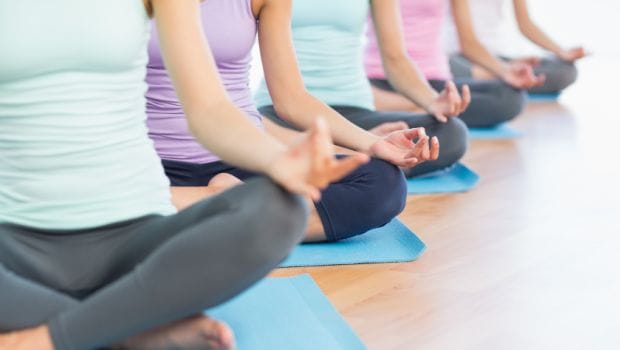Yoga and fitness were the buzzwords in 2016. Everyone was talking about it and everyone was trying their hand at it. From unique workouts to ancient yoga asanas, they've become quite the rage and for good reason. But it turns out that yoga or regular exercise may not be helpful for everyone and everything. A new study, published in the Journal of Clinical Sleep Medicine, shows that yoga or exercise may not help in treating hot flashes or improve sleep quality in middle-aged women.Previous studies have shown that both yoga and aerobic exercises were known to improve sleep among middle-aged women. But these new findings contradict the previous evidence and show that neither yoga nor aerobic exercises had a s significant effect on objective measures of sleep duration or sleep quality.
To reach these conclusion, the team studied 186 late transition and postmenopausal women suffering with hot flashes who were between 40 and 62 years of age. The participants were randomised to 12 weeks of yoga, supervised aerobic exercise, or usual activity. Although the women had no difficulty falling asleep, disturbed sleep was a common problem with all women with most of them breaking their sleep and being up for more than 50 minutes.
To reach these conclusion, the team studied 186 late transition and postmenopausal women suffering with hot flashes who were between 40 and 62 years of age. The participants were randomised to 12 weeks of yoga, supervised aerobic exercise, or usual activity. Although the women had no difficulty falling asleep, disturbed sleep was a common problem with all women with most of them breaking their sleep and being up for more than 50 minutes.
"Our primary findings were that the two study interventions had no significant effects on objective sleep outcomes in midlife women with hot flashes," said lead author Diana Taibi Buchanan, associate professor at the University of Washington in Seattle.Therefore, the study suggests that other methods like cognitive behavioural therapy for insomnia and behaviour treatments should be examined to improve sleep in middle-aged menopausal women.
With inputs from IANS
Advertisement












